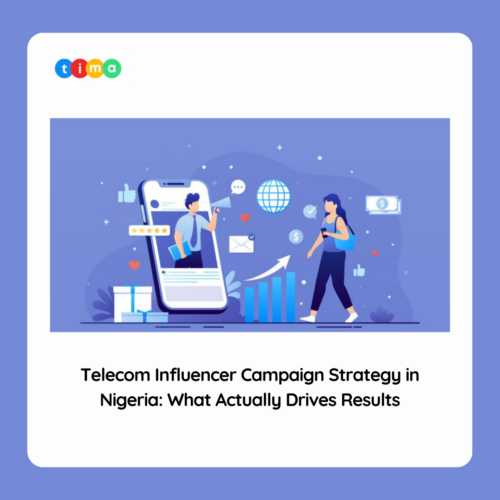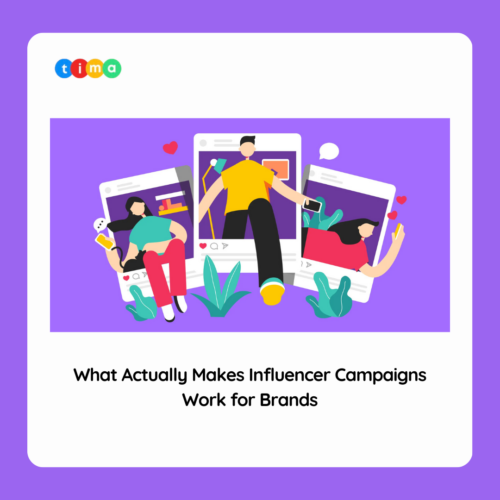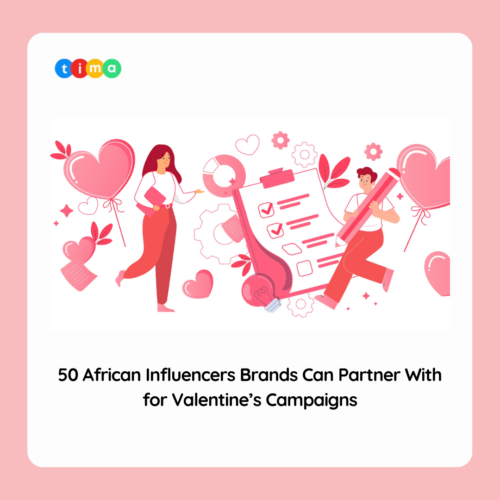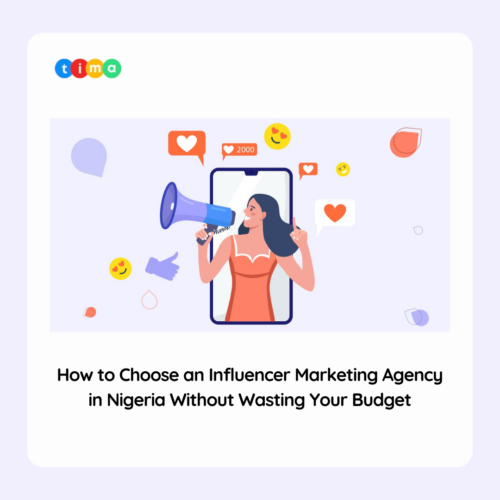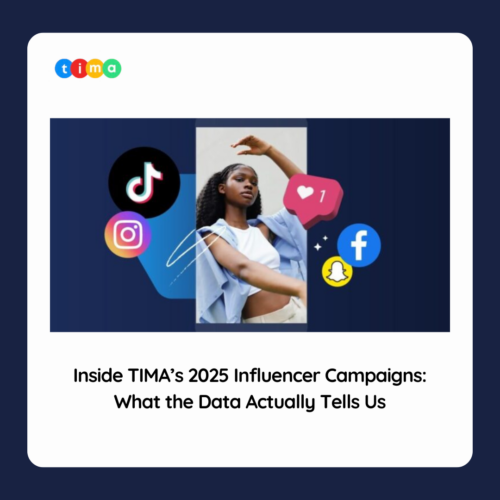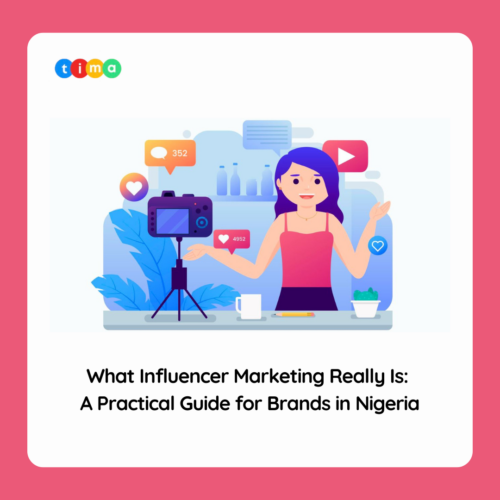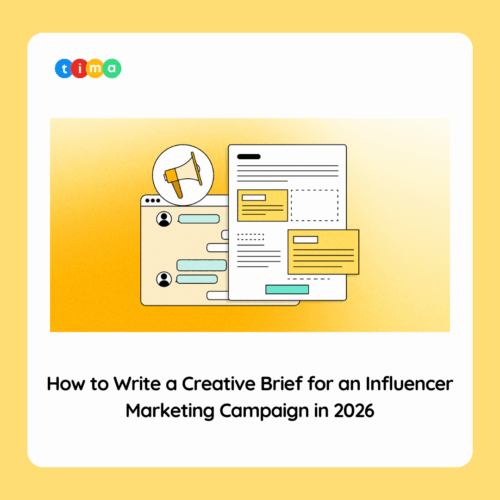As an influencer marketing agency, we have received numerous responses to our questionnaires about influencer marketing myth. It is saddening that despite its proven success, there are still many misconceptions surrounding influencer marketing that can hinder its effectiveness. In this blog post, we aim to debunk the top five influencer marketing myths in 2023. From the belief that it’s only for big brands to the notion that it’s only effective for B2C companies, we’ll separate fact from fiction and provide insights to help brands navigate the world of influencer marketing.
Myth #1: Influencer marketing is only for big brands.
Many small businesses shy away from influencer marketing because they believe it’s too expensive and only reserved for those with huge marketing budgets. But the truth is, influencer marketing is a versatile strategy that can be utilized by businesses of all sizes.
In fact, influencer marketing can be especially beneficial for small businesses trying to gain visibility and credibility. By partnering with the right influencers in your niche, you can tap into their engaged audience and reach new customers. Plus, with the rise of micro-influencers, who have smaller but highly engaged followings, it’s become more accessible and cost-effective for smaller businesses to get involved.
Don’t let the misconception that influencer marketing is only for the big brands hold you back from trying it out. Take the time to research and find influencers in your industry that align with your brand values authentically. With the right approach, influencer marketing can be a game-changer for your small business.

Myth #2: Influencer marketing is too expensive.
Yes, it’s true that there are some influencers out there who charge exorbitant fees for their services. But this doesn’t mean that influencer marketing is completely out of reach for businesses with smaller budgets. In fact, there are many micro-influencers who are more affordable and can still provide a great return on investment.
It’s not just about finding affordable influencers. It’s also about understanding that influencer marketing doesn’t always require payment in the form of cash. Some influencers are willing to work with brands in exchange for free products or services. This is especially true for smaller brands that offer unique and interesting products or services that influencers are genuinely interested in trying out and sharing with their followers.
Myth #3: Influencer marketing is only effective for B2C companies.
Influencer marketing has long been associated with consumer-facing brands, and for good reason. Influencers have a powerful ability to reach and influence large audiences. This makes them an ideal marketing tool for companies that are looking to boost their sales and increase their brand visibility among consumers. But that doesn’t mean that B2B companies can’t benefit from working with influencers too.
In fact, B2B companies can leverage influencer marketing in a number of ways. For instance, they can work with industry thought leaders to create educational content that speaks to the needs and interests of their target audience. They can also partner with influencers to share their own thought leadership pieces, which can help to establish their brand as a trusted source of information in their industry.
Myth #4: Influencer marketing is only about sales.
While it is true that influencer marketing can help drive sales and boost revenue, it is far from the only goal of this powerful marketing tool. Influencer marketing offers a range of benefits than simply generating sales.
For one, Influencer marketing can increase brand awareness and reach a wider audience. Influencer marketing can also help businesses build a loyal audience and establish a strong brand identity. It can also help businesses create high-quality, engaging content that captures the attention of their audience. This can lead to increased brand loyalty and advocacy, as well as improved reputation and customer satisfaction.
In short, influencer marketing is about so much more than just sales. It offers businesses the opportunity to tap into new audiences, build a loyal following, and establish a strong brand identity.

Myth #5: Influencer marketing is not measurable
Many businesses have been hesitant to embrace influencer marketing because they believe that it’s impossible to track the return on investment. But this couldn’t be further from the truth. In fact, with the help of advanced analytics tools, businesses can now easily measure the effectiveness of their campaigns. There are a variety of metrics available that can help businesses determine the success of their influencer marketing campaigns. This includes monitoring engagement rates and click-through rates to tracking conversions
Gone are the days when influencer marketing was seen as a shot in the dark. With the right tools and strategies, businesses can now make informed decisions about their influencer marketing campaigns. Businesses can now see measurable results that demonstrate the value of this approach.
Conclusion
Influencer marketing is a powerful strategy that can help businesses of all sizes increase brand awareness, build credibility, and ultimately drive sales. However, it’s important to understand the truth behind the myths surrounding influencer marketing and to approach it with a well-planned strategy. By doing so, brands can successfully navigate the world of influencer marketing and reap the benefits that come with it.


